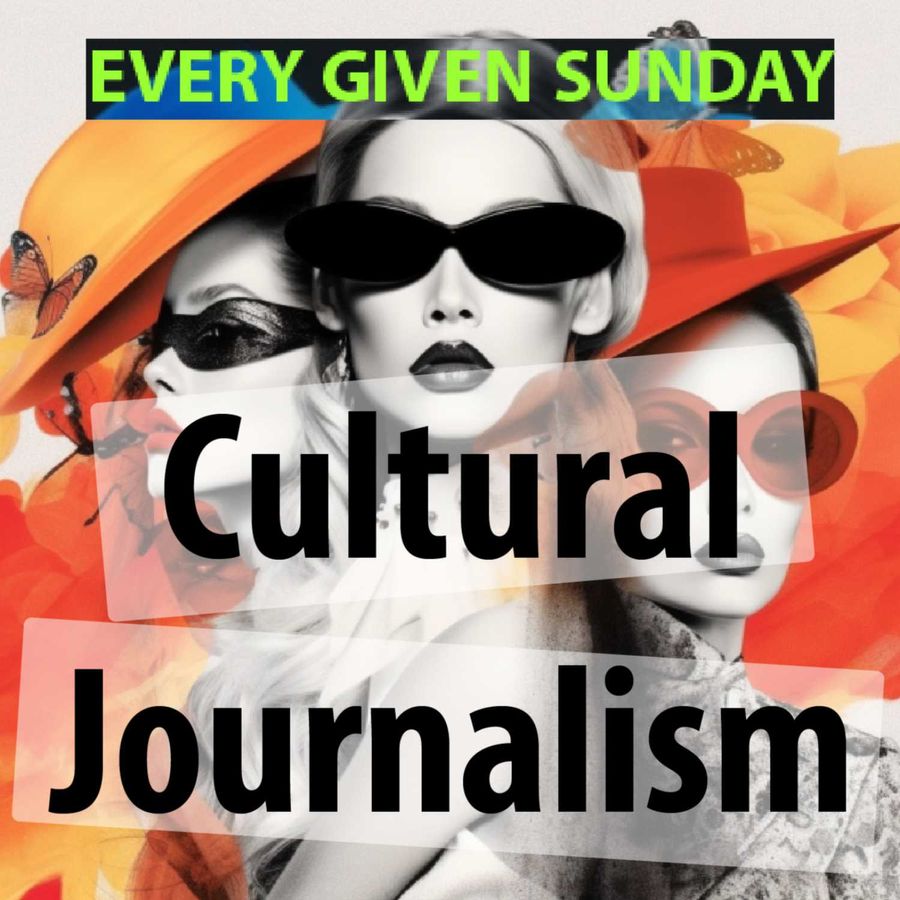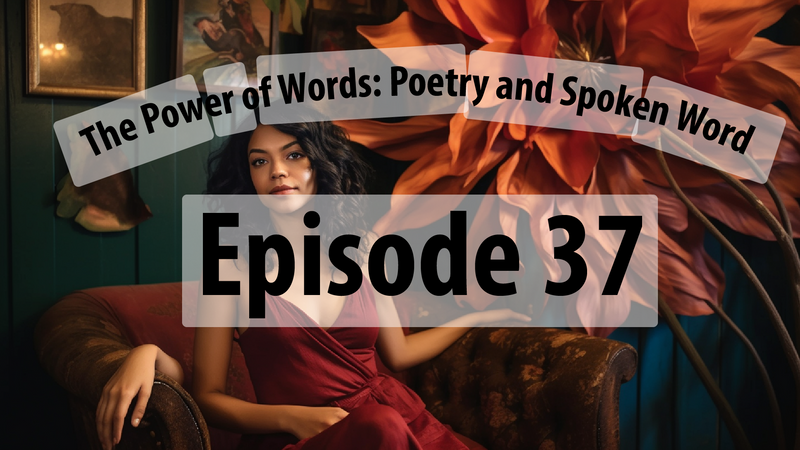The Transformative Force of Language: An Incisive Exploration of Poetry and Spoken Word
In pursuing intellectual enlightenment and the redefinition of intelligent consumption, we must delve into poetry and spoken word. These forms of artistic expression possess a profound power, encapsulating the human experience within a tapestry of carefully crafted words. However, to truly understand and appreciate the potential impact of poetry and spoken word, we must challenge conventional wisdom and explore the historical context that has shaped these art forms. With an unyielding commitment to intellectual rigour, I shall embark upon this critical examination, unapologetically dissecting the power of words and their manifestation in poetry and spoken word.
Challenging the Conventional Wisdom:
Conventional wisdom often portrays poetry and spoken word as mere embellishments of language, lacking practical significance. Yet, this perspective fails to grasp the depth of their transformative potential. Poetry and spoken word possess an inherent ability to encapsulate complex emotions, provoke thought, and inspire action. As a result, they have been catalysts for social change throughout history, challenging the status quo and reshaping societies.
The Historical Tapestry:
Let us trace the historical roots of poetry and spoken word to appreciate their significance fully. In ancient Greece, the oral tradition of poetry formed the foundation of cultural identity, influencing the trajectory of civilization. The epic poems of Homer, such as the Iliad and the Odyssey, became a communal bond, shaping the collective memory of a people. These poems immortalized heroes, explored the human condition, and offered insights into the intricacies of morality and fate.
Moving forward, the Romantic era witnessed a resurgence of poetry as a means of rebellion against societal constraints. The works of William Wordsworth, Samuel Taylor Coleridge, and Lord Byron challenged the prevailing norms of their time. Their words breathed life into nature, celebrated individuality, and confronted the injustices of the industrial age. Through their poetry, these visionaries sought to redefine humanity's relationship with the world and ignite the fires of revolution.
The Power of Emotional Resonance:
Poetry and spoken word possess an innate ability to resonate with the depths of human emotion. They are the vehicles through which we can express the inexpressible, capturing the nuances of joy, sorrow, love, and despair. By distilling complex emotions into evocative metaphors and striking imagery, these art forms offer solace, empathy, and catharsis to both the creator and the audience.
Consider the works of Maya Angelou, whose poetry transcended racial and gender boundaries, echoing the struggles and triumphs of marginalized communities. Her words became a call for equality and justice, challenging the oppressive systems perpetuating discrimination. Angelou's "Still I Rise" exemplifies the resilience and indomitable spirit that poetry can evoke, empowering individuals to confront adversity head-on.

A Weapon Against Injustice:
When wielded with precision, poetry and spoken word can become potent weapons against injustice and tyranny. They can expose the hypocrisies of power structures, dismantle oppressive narratives, and ignite social movements. This transformative power is exemplified by the Harlem Renaissance, a vibrant cultural activity in the 1920s that saw the emergence of African American poets and performers who defied racial stereotypes and championed the cause of civil rights.
Langston Hughes, one of the prominent voices of the Harlem Renaissance, penned powerful poems that deconstructed racial hierarchies and celebrated African American culture. His words challenged the prevailing notion of a racially stratified society, compelling individuals to confront uncomfortable truths and actively participate in the struggle for racial equality.
The Unapologetic Pursuit of Intellectual Rigor:
We must engage critically with the world around us in our quest for intellectual rigour and enlightenment. Poetry and spoken word offer a unique lens through which to examine societal structures, moral dilemmas, and existential questions. By challenging conventional wisdom, these art forms compel us to question the established order and envision alternative possibilities.
Through the brilliant wit and intelligent observation of poets like T.S. Eliot and Sylvia Plath, we gain a deeper understanding of the human condition and the fragility of our existence. Their verses cut through the superficialities of everyday life, revealing the complexities of our inner worlds. In doing so, they provoke self-reflection and invite us to grapple with the profound mysteries of our existence.
Conclusion:
In pursuing intellectual consumption and the redefinition of our understanding of philosophy, we must acknowledge the transformative power of poetry and spoken word. These art forms have shaped civilizations, challenged social norms, and ignited revolutions. By encapsulating the human experience and provoking deep emotional resonance, they offer a window into what it means to be human.
Let us not underestimate the potency of words and the potential for art to reshape our world. Through an unyielding commitment to intellectual rigour and critical engagement, we can harness the power of poetry and spoken word to challenge the status quo, redefine cultural narratives, and forge a more enlightened and compassionate society.


